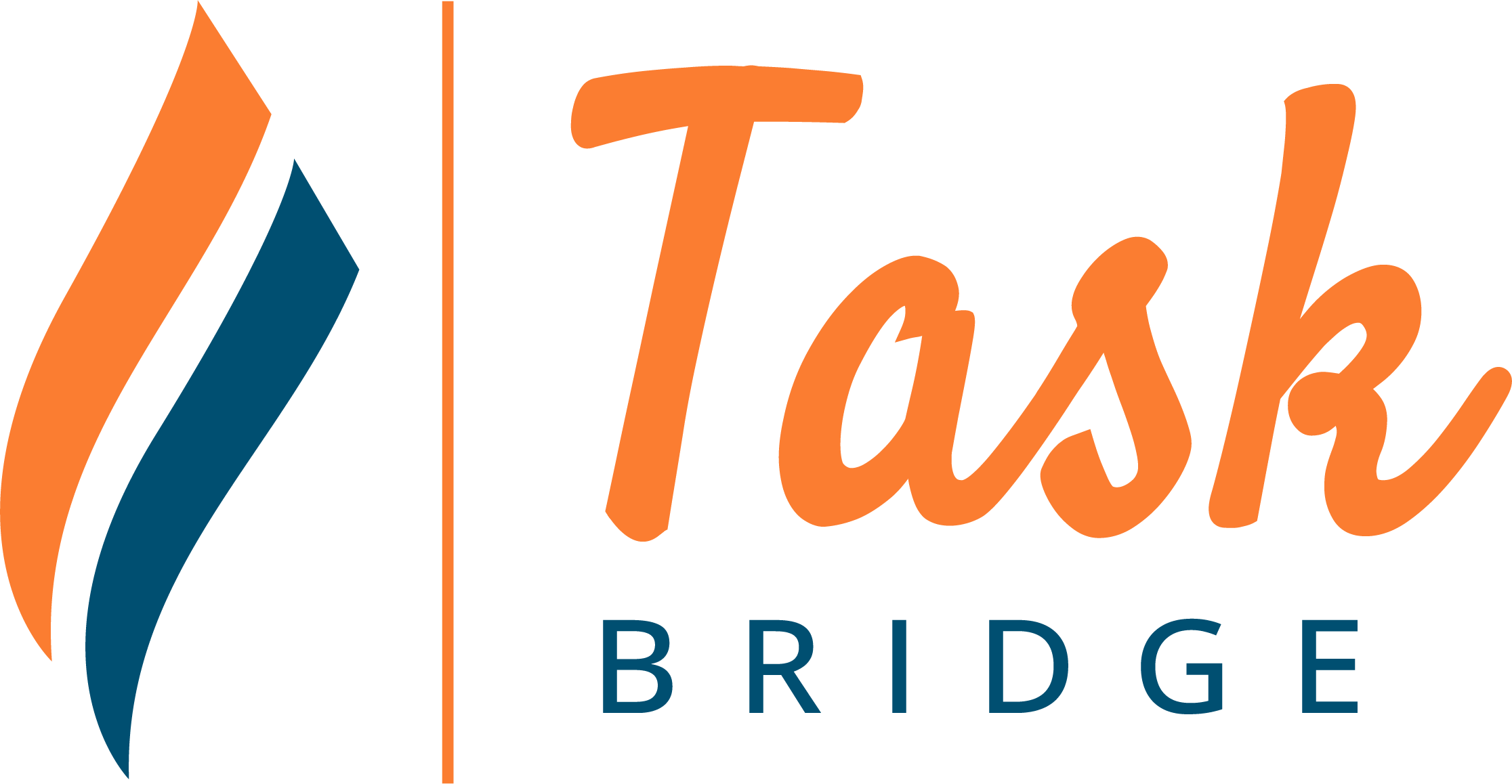Somalia’s stabilization efforts are critical to ensuring long-term peace, governance, and economic recovery in the aftermath of conflict and insecurity. This policy brief examines key lessons and insights from the Inter-Governmental Learning on Early Recovery and Immediate Stabilization (ILEIS) Conference in Baidoa, where federal and state-level actors, development partners, and civil society organizations convened to assess past interventions, strengthen coordination mechanisms, and enhance inter-agency collaboration.
The discussions highlighted the need for localized stabilization strategies, improved civil-military cooperation, and the harmonization of federal and state-level policies to ensure sustainable impact. Key challenges such as gaps in governance structures, fragmented coordination, and limited resources were identified, alongside recommendations to replicate successful interventions, strengthen institutional capacity, and improve communication channels among stakeholders.
This paper provides policy recommendations to refine Somalia’s stabilization approach, including enhanced intergovernmental coordination, integrated security and governance frameworks, and strategic resource allocation. By fostering collaborative engagement and context-driven solutions, Somalia can build a more resilient and effective stabilization model, driving sustainable recovery and national cohesion.




